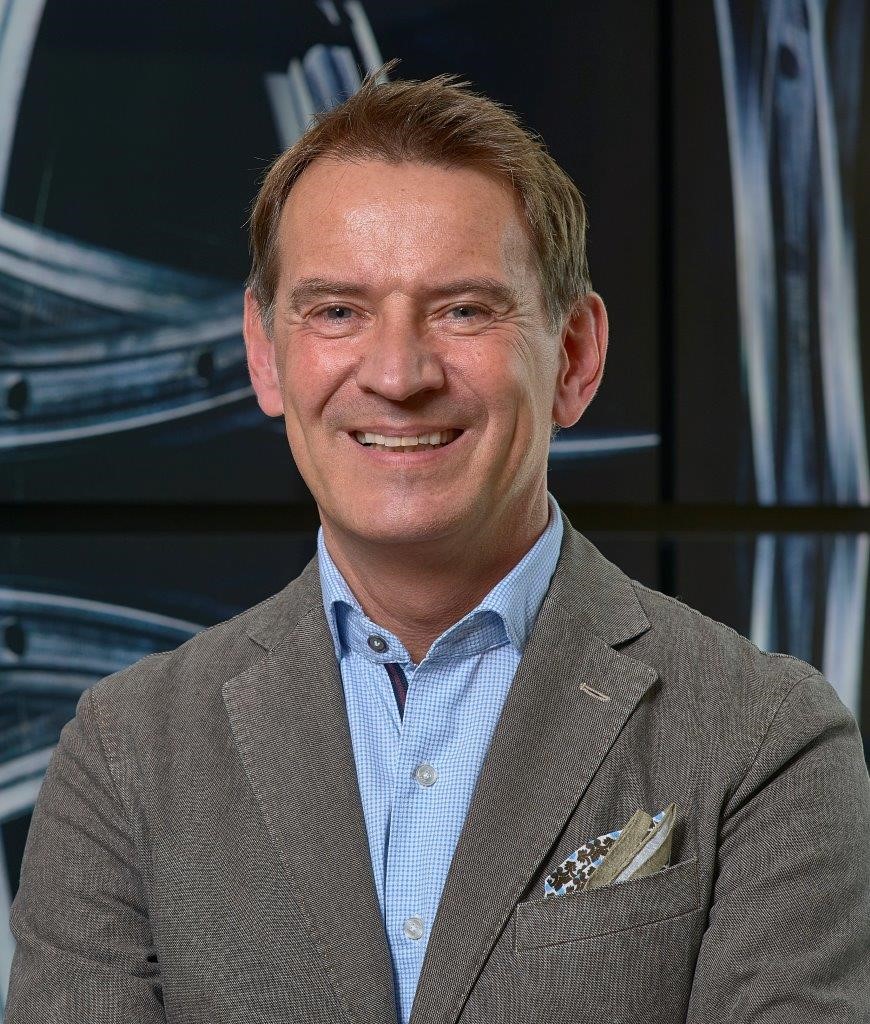The European Space Agency (ESA) has just awarded a contract to Tractebel to evaluate the possibility of producing plutonium 238 (Pu-238), the nuclear fuel used for space exploration, on its soil. The fuel powers nuclear batteries known as radioisotope thermoelectric generators (RTGs) and radioisotope heater units (RHUs) that are vital to providing spacecrafts and astronauts with electricity and heat where the sun does not shine. It could be used for the European Lunar Lander to explore the moon. The lander is expected be launched by the end of the decade.
Developing Europe’s own space exploration nuclear battery capability
With its partners ORANO and SCK CEN, Tractebel will study the possibility of manufacturing Pu-238 by bombarding neptunium-237 from the La Hague recycling facility in France with the neutron flux of the BR2 research reactor in Mol, Belgium.
Nuclear batteries (RTGs and RHUs) are a proven technology for space exploration. However, producing plutonium 238 is complex and costly, and for the time being only the United States and Russia can do so. Our engineers will develop a roadmap for the creation of a Pu-238 production chain in Europe that will include a timeline and estimated production capacity and costs. They will also evaluate regulatory acceptance.
Securing energy on the moon
Europe is participating in the Lunar “Gateway” program led by NASA. The Gateway is a planned small space station in lunar orbit that will serve as a staging point to send astronauts to Mars. In the framework of the program, ESA is manufacturing the European Large Logistic Lander (EL3) to land on the moon, giving Europe access to the lunar surface. Once on the moon, the EL3 equipment may need to survive the lunar night (time during which one side is not exposed to the sun) that lasts up to two weeks. It is an opportunity for Europe to develop its own alternative to solar power for space exploration, including nuclear batteries using radioisotope power and heat.
|
“I’m really proud that ESA has chosen Tractebel to carry out the study, which will contribute to making Europe’s space exploration more independent. With a team of multidisciplinary experts, we will analyze the capability of Europe to develop its own supply chain of plutonium 238. The radioisotope is already a proven technology to power space equipment in the United States and Russia. It has the best technical characteristics for space applications, but has never been developed in Europe. It is our first contract with ESA, and what we hope marks the beginning of a fruitful cooperation.”
Brieuc Spindler, Product Owner Space, Belgium
|
|
 |





